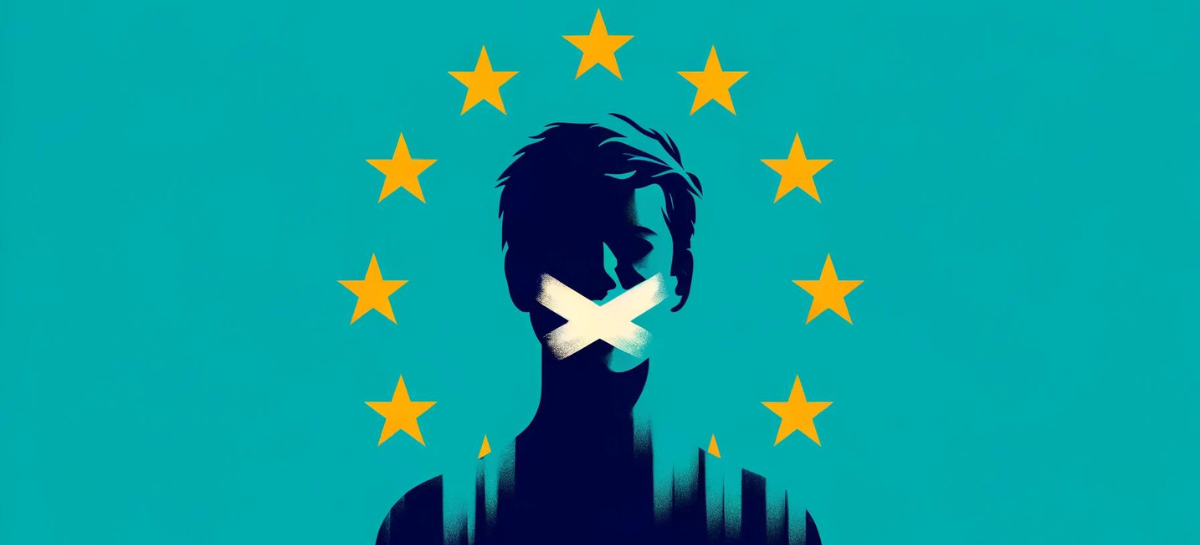
By Jacob Mchangama
Free speech pessimism is on the rise among America’s elites.
“Free Speech Is Killing Us,” read a 2019 op-ed in The New York Times. Recently, an article in The New York Times Magazine concluded, “It’s time to ask whether the American way of protecting free speech is actually keeping us free.” George Washington University Law School professor Mary Anne Franks has written two books arguing that the First Amendment is “deadly” and “eroding our democracy.”
This First Amendment rejection is often combined with envious praise for European-style speech regulations—rules seen as mature democracies taking proactive steps to shield themselves from the deluge of hate speech and disinformation that is a consequence of the unchecked right to free speech.
The allure of European regulation is understandable—they claim to protect democracies from the supposed harms of unregulated speech. After all, who can look at the world of the past decade or so and claim that free speech does not entail serious risks and even occasional harm?
However, this narrative overlooks the critical freedoms that American free speech protections provide. Furthermore, this pessimism is particularly dangerous at a time when the federal government is banning major platforms like TikTok, states are cracking down on pro-Palestinian protests, and online platforms are being forced to comply with vague hate speech laws.
These actions prompt a pivotal question: Would mimicking European free speech restrictions actually make America a more cohesive, tolerant, and just society? Let’s imagine.
Read More
Jacob Mchangama is the Founder and Executive Director of The Future of Free Speech. He is also a research professor at Vanderbilt University and a Senior Fellow at The Foundation for Individual Rights and Expression (FIRE).

